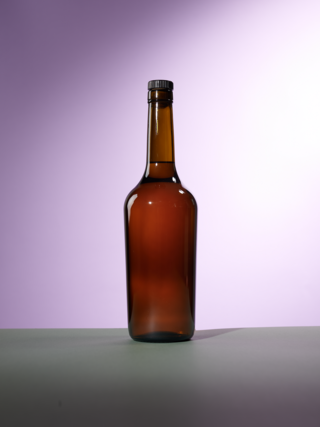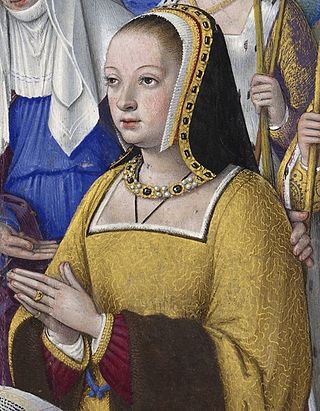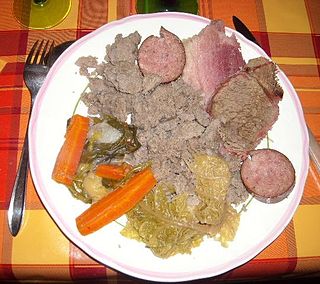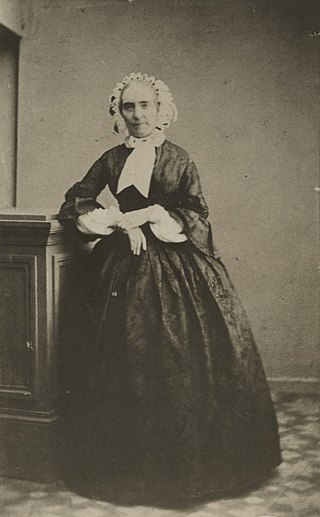
Brittany is a peninsula, historical country and cultural area in the north-west of modern France, covering the western part of what was known as Armorica during the period of Roman occupation. It became an independent kingdom and then a duchy before being united with the Kingdom of France in 1532 as a province governed as a separate nation under the crown.

Brest is a port city in the Finistère department, Brittany. Located in a sheltered bay not far from the western tip of the peninsula, and the western extremity of metropolitan France, Brest is an important harbour and the second French military port after Toulon. The city is located on the western edge of continental France. With 142,722 inhabitants in a 2007 census, Brest forms Western Brittany's largest metropolitan area, ranking third behind only Nantes and Rennes in the whole of historic Brittany, and the 19th most populous city in France; moreover, Brest provides services to the one million inhabitants of Western Brittany. Although Brest is by far the largest city in Finistère, the préfecture of the department is the much smaller Quimper.

Calvados is a brandy from Normandy in France, made from apples or pears, or from apples with pears.

Arthur I was 4th Earl of Richmond and Duke of Brittany between 1196 and 1203. He was the posthumous son of Geoffrey II, Duke of Brittany, and Constance, Duchess of Brittany. His father, Geoffrey, was the son of Henry II, King of England.
Constance was Duchess of Brittany from 1166 to her death in 1201 and Countess of Richmond from 1171 to 1201. Constance was the daughter of Duke Conan IV by his wife, Margaret of Huntingdon, a sister of the Scottish kings Malcolm IV and William I.

Anne of Brittany was reigning Duchess of Brittany from 1488 until her death, and Queen of France from 1491 to 1498 and from 1499 to her death. She was the only woman to have been queen consort of France twice. During the Italian Wars, Anne also became Queen of Naples, from 1501 to 1504, and Duchess of Milan, in 1499–1500 and from 1500 to 1512.

The history of Brittany may refer to the entire history of the Armorican peninsula or only to the creation and development of a specifically Brythonic culture and state in the Early Middle Ages and the subsequent history of that state.

Pommeau is an alcoholic drink made in north-western France by mixing apple juice with apple brandy: Calvados in Normandy or lambig in Brittany.

The Bretons are a Celtic ethnic group native to Brittany. They trace much of their heritage to groups of Brittonic speakers who emigrated from southwestern Great Britain, particularly Cornwall and Devon, mostly during the Anglo-Saxon settlement of Britain. They migrated in waves from the 3rd to 9th century into Armorica, which was subsequently named Brittany after them.

Olier Mordrel is the Breton language version of Olivier Mordrelle, a Breton nationalist and wartime collaborator with the Third Reich who founded the separatist Breton National Party. Before the war, he worked as an architect. His architectural work was influenced by Art Deco and the International style of Le Corbusier. He was also an essayist, short story writer, and translator. Mordrel wrote some of his works under the pen names Jean de La Bénelais, J. La B, Er Gédour, A. Calvez, Otto Mohr, Brython, and Olivier Launay.

Yves Lainé is a Breton lawyer, politician and companies executive manager, now a writer, arguing for the return of Loire-Atlantique departement in the administrative région of Brittany the reunification and devolution of the historical Brittany.

The Parc botanique de Kerbihan, sometimes also called the Arboretum d'Hennebont, is a municipal arboretum and botanical garden located near the Rue Gérard Philipe, Hennebont, Morbihan, Bretagne, France. It is open daily without charge.
Safir Hotels & Resorts is a Kuwaiti-owned luxury hotel chain in the Arabic world. Clientele includes the sister of the Emir of Kuwait who stayed in the hotel's $3000 a month apartments.

Kig ha farz is a cooked dish consisting of various meats simmered in a broth with a buckwheat flour based pudding. It is eaten traditionally in Brittany, more specifically around Léon in the region situated west from Morlaix to Brest. This dish, which is quite similar to a pot-au-feu, was once considered a dish for the poor and peasantry. The name in Breton literally means "meat and stuffing".
Vallée d’Aoste Jambon de Bosses is a spicy cured ham product from Saint-Rhémy-en-Bosses in the Aosta Valley in Italy, one of the region's specialties. It was awarded European Union protected designation of origin (PDO) status.
Le Télégramme is a French-language daily newspaper from the Brittany region of France, based in the commune of Morlaix. It was founded in 1944 and still exists to this day, although circulation has been declining since 2012.

Henriette Renan was a French writer.
Pierre Julien Yves Marie Le Moine, or Per Le Moine, born 4 at Maël-Carhaix, is an architect and Breton nationalist activist.

The Jade Coast constitutes the coastal fringe of the Pays de Retz in Loire-Atlantique, extending from the Loire estuary in the north to the Marais breton in the south, thus bordering the Bay of Bourgneuf on its southern part. Its jagged coasts and its numerous beaches are of summer tourist interest.













